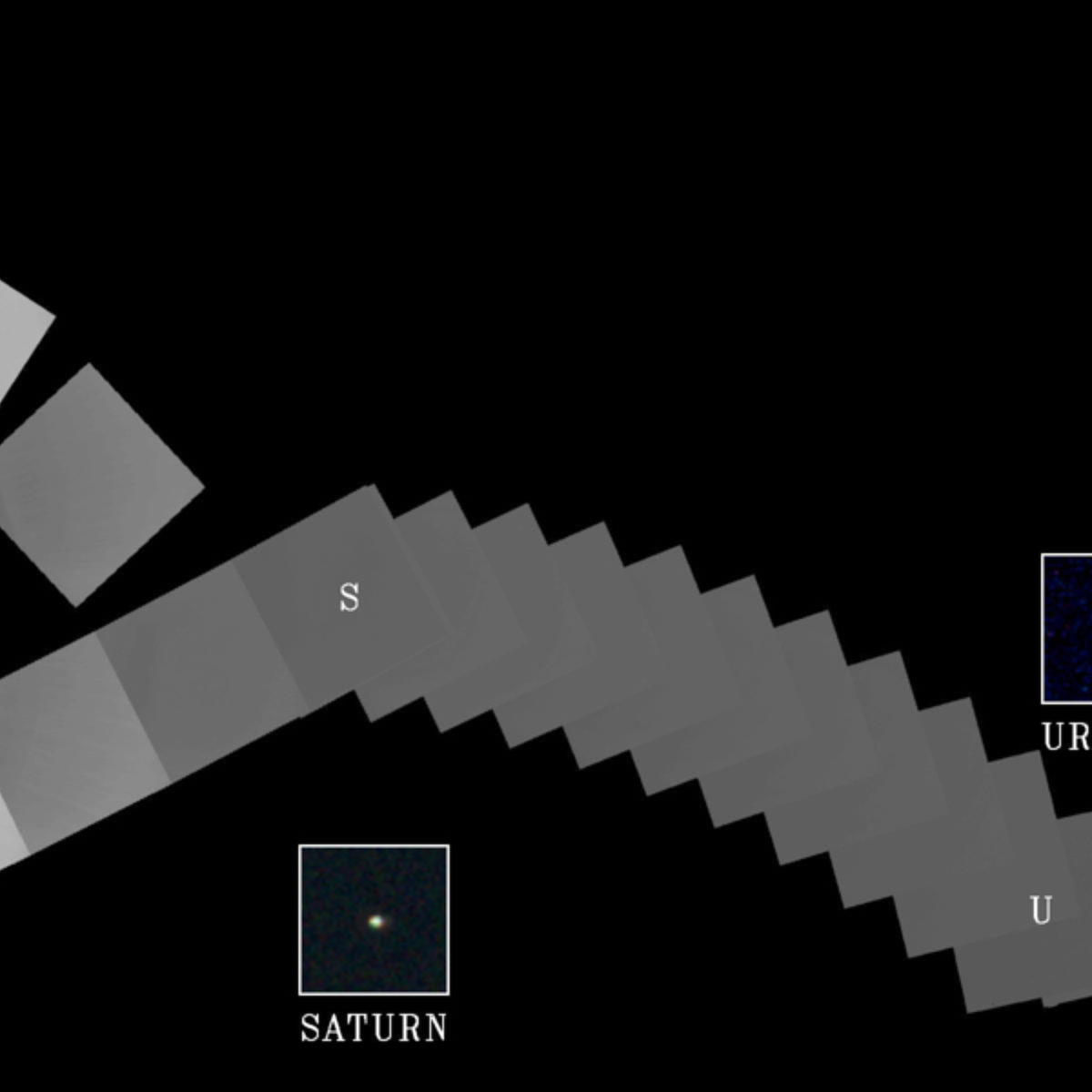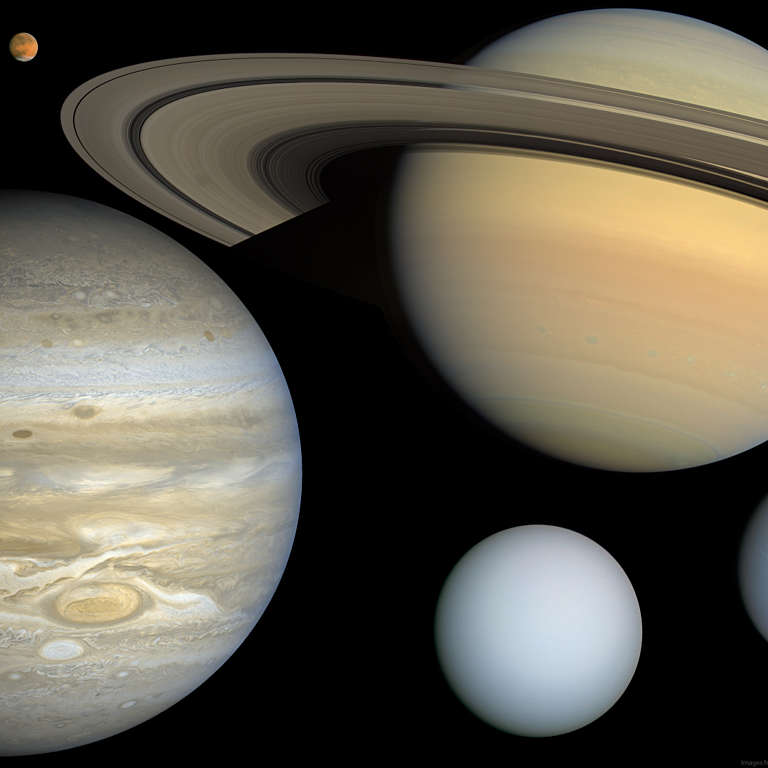All
All
Stories, updates, insights, and original analysis from The Planetary Society.
Voyager's Last View
Home. Family. This will be Voyager's enduring legacy: It has changed forever the feelings raised by those words. Through its robotic eyes we have learned to see the solar system as our home. Through its portraits of the planets we know that they are part of our family. Apollo astronauts showed us a tiny Earth alone in the blackness of space. Now, with these images, Voyager has shown us that Earth is not really alone. Around our parent Sun orbit sibling worlds, companions as we travel through the Galaxy.
The 2002 Gene Shoemaker NEO Grant Recipients
In 2002, The Planetary Society awarded $28,290 (US) worth of grants to an international group of researchers in support of near-Earth asteroid detection and characterization efforts.
The Devon Diaries
Emily Lakdawalla reports on her expedition to Devon Island, where The Planetary Society is taking steps toward the goal of humans and robots working together to explore Mars.
Haughton Impact Crater
Haughton Crater measures about 20 kilometers (12.4 miles) in diameter, and was formed 23 million years ago when either an asteroid or a comet collided with our planet.
SETI@home Listens to the Dying Gasps of Black Hole
If we were to listen to radio transmissions from space, we should be able to hear the dying gasps of black holes. As it turns out, we are listening, or at least the SETI@home receiver is. Perched above the giant Arecibo dish, it is systematically surveying a large portion of the sky, listening to the signals coming from space.
Updates from Past Recipients of the Shoemaker NEO Grants (20 March 2001)
I just wanted to express my appreciation again to The Planetary Society for the Shoemaker Grant. Apogee Instruments delivered the AP6Ep purchased with the grant on 9 March 2001. Critical mass on all of the other components associated with implementing the proposal was reached last week.
The 2000 Gene Shoemaker NEO Grant Recipients
In 2000, The Planetary Society awarded $33,700 (US) worth of grants to an international group of researchers in support of near-Earth asteroid detection and characterization efforts.
The Planetary Report, Vol. 21, No. 1: Evolving Visions
From the Editor: Mars has definitely been the planet in the news these past two months, and two events have triggered larger-than-normal reverberations in the Society. First, on November 22, Gerald Soffen died. Then, on December 4, while we were wrapping up this issue, Mike Malin and Ken Edgett announced their latest news-making discovery -- this time of sedimentary layers on the Martian surface.
Mars Microphone Ready for Duty
The Planetary Society's Mars Microphone is on board the Mars Polar Lander, and as far as we can tell, in good shape.
The 1999 Gene Shoemaker NEO Grant Recipients
In 1999, The Planetary Society awarded $28,000 (US) to an international group of researchers in support of near-Earth asteroid detection and characterization efforts.
Latest Round of Mars Microphone Tests Successful
The Mars Microphone has successfully gone through its latest round of testing in preparation for launch on the Mars Surveyor spacecraft in January 1999.
The 1997 Gene Shoemaker NEO Grant Recipients
In 1997, The Planetary Society awarded $35,000 (US) to an international group of researchers in support of near-Earth asteroid detection and characterization efforts.
While We Weren't Watching: Apollo's Scientific Exploration of the Moon
Apollo gave us our money's worth. The Apollo lunar samples, totaling 381 kilograms (838 pounds), along with thousands of photographs and other data, are still yielding clues to the world that has been our Rosetta stone for deciphering planetary evolution.
The Gift of Apollo
Carl Sagan writes that once upon a time, we soared into the solar system. For a few years. Then we hurried back. Why? What happened? What was Apollo really about?
The First Rover on Mars - The Soviets Did It in 1971
Two robotic rovers reached the surface of Mars in 1971 during the Soviet Mars 2 and 3 missions.
The Adventure of the Planets
Carl Sagan's argument for planetary exploration. Published in the first issue of The Planetary Report magazine.


 Explore Worlds
Explore Worlds Find Life
Find Life Defend Earth
Defend Earth


 Sun
Sun Mercury
Mercury Venus
Venus Earth
Earth Mars
Mars Jupiter
Jupiter Saturn
Saturn Uranus
Uranus Neptune
Neptune Small Bodies
Small Bodies








